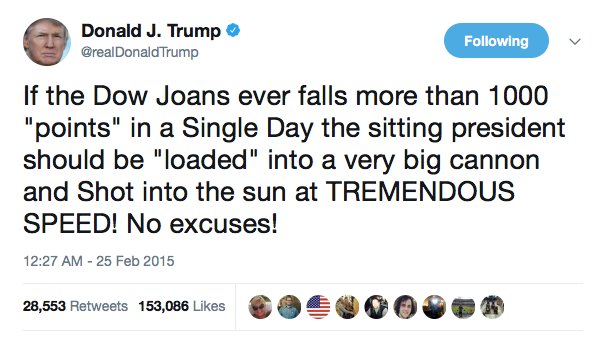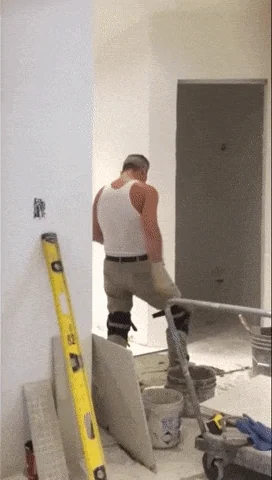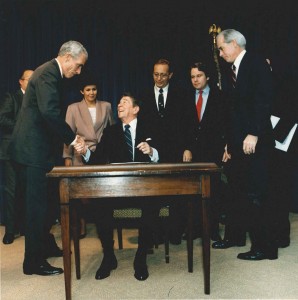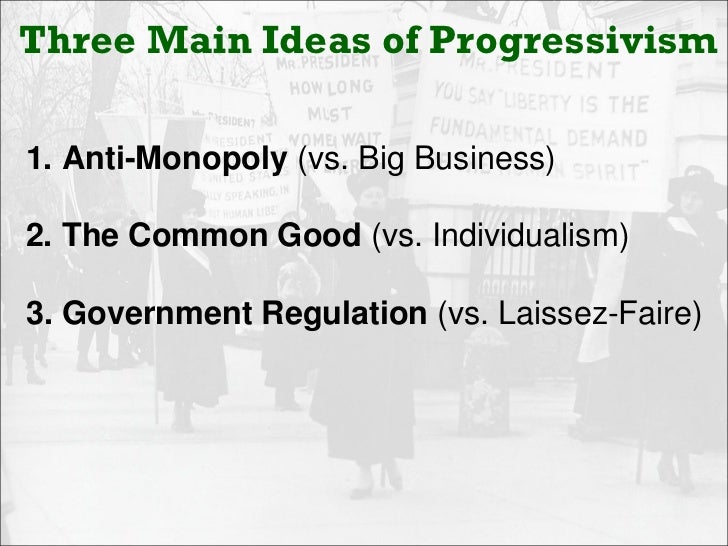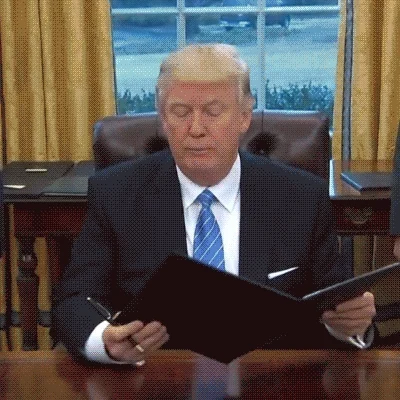DEM Announces
$3.33 Million in Green Economy Bond Funding to Help Communities, Local Groups
Protect Open Space
 |
| South Kingstown Land Trust property on Yawgoo Pond |
The
Rhode Island Department of Environmental Management (DEM) announced today the
award of more than $3.33 million in grants to help communities and local
organizations protect valuable green space throughout the state.
Seventeen
projects will receive matching grants to protect 904 acres of open space and
farmland across Rhode Island. The funding is made possible by the 2016 Green Economy
Bond, which was passed overwhelmingly by Rhode Island voters, and invests $35
million in preserving open space, improving recreational facilities, and
cleaning up lands and waters.
Rhode Island's
historic parks, bikeways, and green spaces provide opportunity for public
enjoyment – in addition to improving the health of the environment,
strengthening the state's climate resilience, and supporting the economy.
According to the Outdoor Industry Association, outdoor recreation in Rhode
Island generates $2.4 billion in consumer spending and supports 24,000 local jobs.
Since 1985, over 11,000 acres of land have been protected.
"We're
delighted to partner with cities, towns, and organizations to protect an
incredible array of properties across Rhode Island," said DEM Director
Janet Coit. "From Block Island to Little Compton to North Providence,
these special lands delight families, support wildlife, and help support
sustainable communities. Preserving Rhode Island's natural assets and
increasing the public's access and enjoyment of our open spaces is a win-win
for our residents and our quality of life."
Grants up to
$400,000 – which may cover up to half of the project cost – were awarded to
help preserve lands that offer significant natural, ecological, or agricultural
value and those that connect or expand existing protected lands. DEM's
successful open space grant program has provided funding for the preservation
of over 11,000 acres of land across the state since its inception in 1985.
DEM
has worked with partners in every municipality to complete 184 easement transactions
with land trusts and local communities to date, furthering the mission of
preserving Rhode Island's precious resources and increasing the public's access
and enjoyment of natural lands.
Over the years, this grant program has resulted
in the protection of places used by residents and tourists alike for outdoor
recreation – and has contributed to the economic health of the state. These
natural assets play a big role in the state's tourist economy by providing
opportunities for the public to camp, fish, hunt, hike, and enjoy the great
outdoors, while also bringing revenue to the local economy.
The open space
grants being awarded today to protect 904 acres of open space and farmland
include:
Town of
Charlestown – Tucker Estates: $400,000 grant to acquire 66.5 acres of pitch
pine forest in a column of nearly contiguous open space that extends from the
coast at the Ninigret National Wildlife Refuge to the Carolina Management Area
in Richmond. Its streams are tributary to the Wild and Scenic Pawcatuck River,
and its field, pitch pines, oak forests, vernal pools, and rock outcrops
provide habitat for species of state concern. With nearly 1,500 feet of
frontage on Rt 91, it provides a rural landscape of field and forest along the
scenic road and creates a forested frame for the National Register Carolina
Village. Once owned by the town, it will provide public hiking and other
passive recreation opportunities.
 The Trump administration recently released its budget blueprint for the 2021 fiscal year, the first steps in the complex budgetary process.
The Trump administration recently released its budget blueprint for the 2021 fiscal year, the first steps in the complex budgetary process. 




